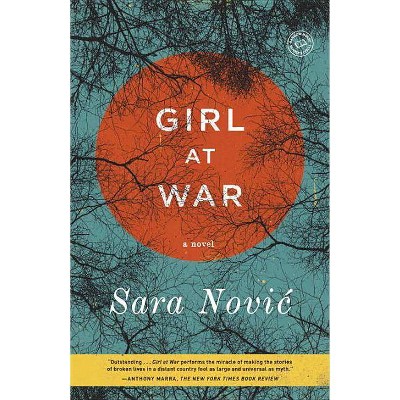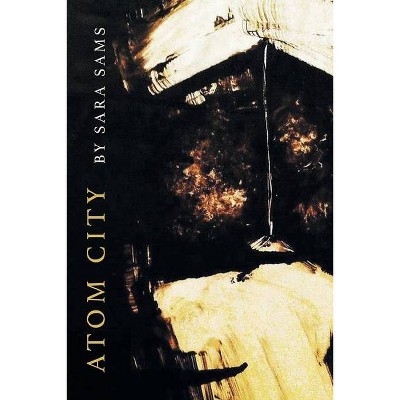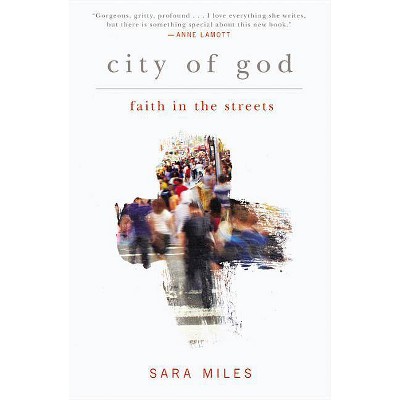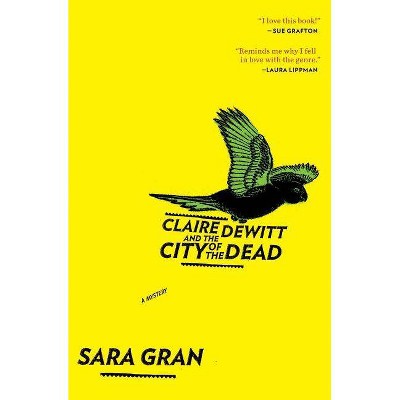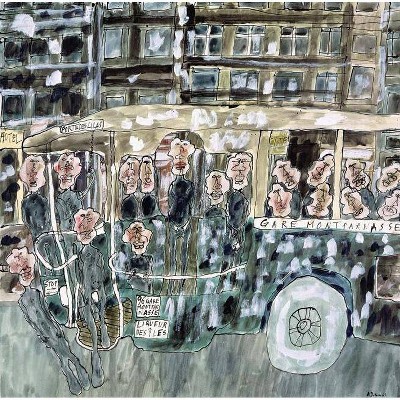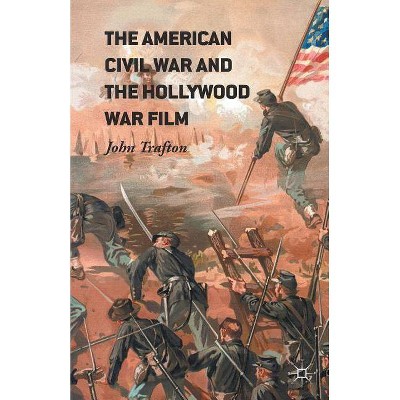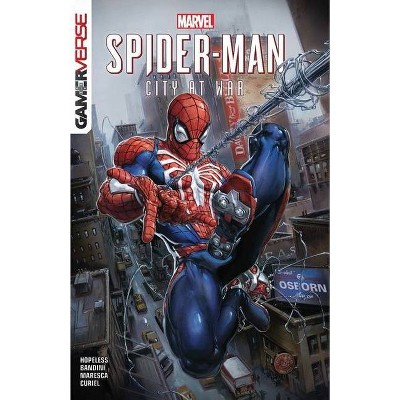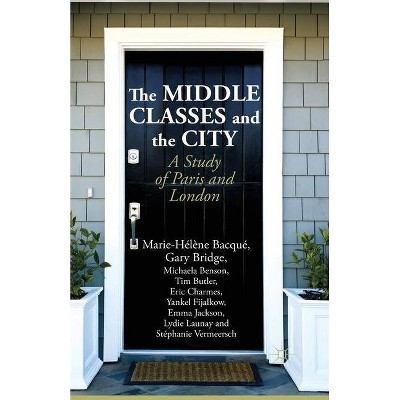War and the City - by Sara Fregonese (Paperback)
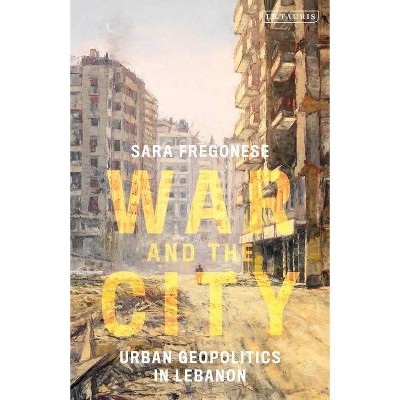
Similar Products
Products of same category from the store
AllProduct info
<p/><br></br><p><b> Book Synopsis </b></p></br></br><i>War and the City</i> examines the geopolitical significance of the Lebanese Civil War through a micro-level exploration of how the urban landscape of Beirut was transformed by the conflict. Focusing on the initial phase of the war in 1975 and 1976, the volume also draws significant parallels with more recent occurrences of internecine conflict and with the historical legacies of Lebanon's colonial past. <br/><br/>While most scholarship has thus far focused on post-war reconstruction of the city, the initial process of destruction has been neglected. This volume thus moves away from formal macro-level geopolitical analysis, to propose instead an exploration of the urban nature of conflict through its spaces, infrastructures, bodies and materialities. The book utilizes urban viewpoints in order to highlight the nature of sovereignty in Lebanon and how it is inscribed on the urban landscape. <i>War and the City</i> presents a view of geopolitics as not only shaping narratives of international relations, but as crucially reshaping the space of cities.<p/><br></br><p><b> Review Quotes </b></p></br></br><br>Beautifully written, well researched, this book is a fascinating exploration of the deeper entanglements between war and the urban fabric.<br/>Professor Claudio Minca, Head of Department of Geography and Planning, Macquarie University<br><br>No longer are wars fought only between states; conflicts are more messy, involving paramilitaries, guerrilla groups, mafias, regional and transnational powers, and civilians. Very often the terrain where they strategise and fight is the streets, squares, buildings and infrastructures of the city. Sara Fregonese's <i>War and the City</i> offers a particularly insightful window into these realities in the Two Years War in 1975 and 76 Beirut. She cautions that we would be wise to understand a more complex hybrid conflict where state and non-state actors vie for sovereignty and the geopolitical and urban are intertwined. Fregonese's account is specific and nuanced but with wide-ranging implications. It is well-placed to become a key text in how we understand the new urban warfare and with that, the formation of new sovereignties.<br/>Wendy Pullan, Director of the Centre for Urban Conflicts Research, University of Cambridge<br><br>This fascinating book gives the reader a visceral sense of how war pulsates through the fabric of a city, coursing in its veins, pounding against its hotel buildings, ripping apart and sewing together its neighbourhoods. The Beirut of this book is a Beirut made and unmade and remade yet again by conflict, stubbornly bearing the scars of local enmities and geopolitical conflicts on its body.<br/>Laleh Khalili, Professor of International Politics, Queen Mary University of London<br><p/><br></br><p><b> About the Author </b></p></br></br><b>Sara Fregonese </b>is Lecturer in Political Geography at the School of Geography, Earth and Environmental Sciences at the University of Birmingham, and an affiliate of the Institute for Conflict, Cooperation and Security (ICCS) at the University of Birmingham. Between 2009 and 2012, she was a British Academy Postdoctoral Fellow. She holds a PhD in Geography (Newcastle University, UK), an MA in Mediterranean Cooperation (Ca' Foscari, University of Venice) and a BA in Middle Eastern studies (Ca' Foscari, University of Venice).
Price History
Price Archive shows prices from various stores, lets you see history and find the cheapest. There is no actual sale on the website. For all support, inquiry and suggestion messages communication@pricearchive.us
